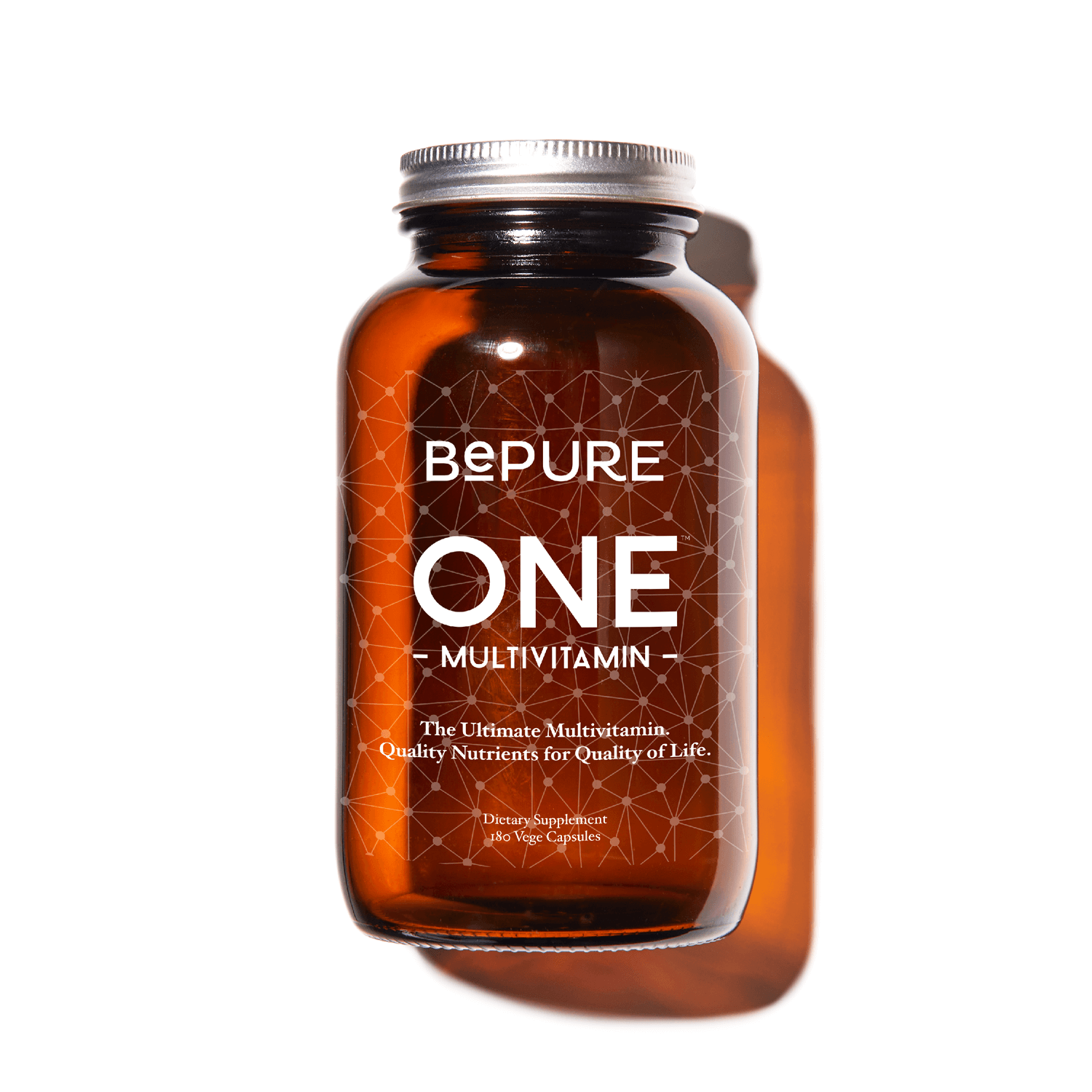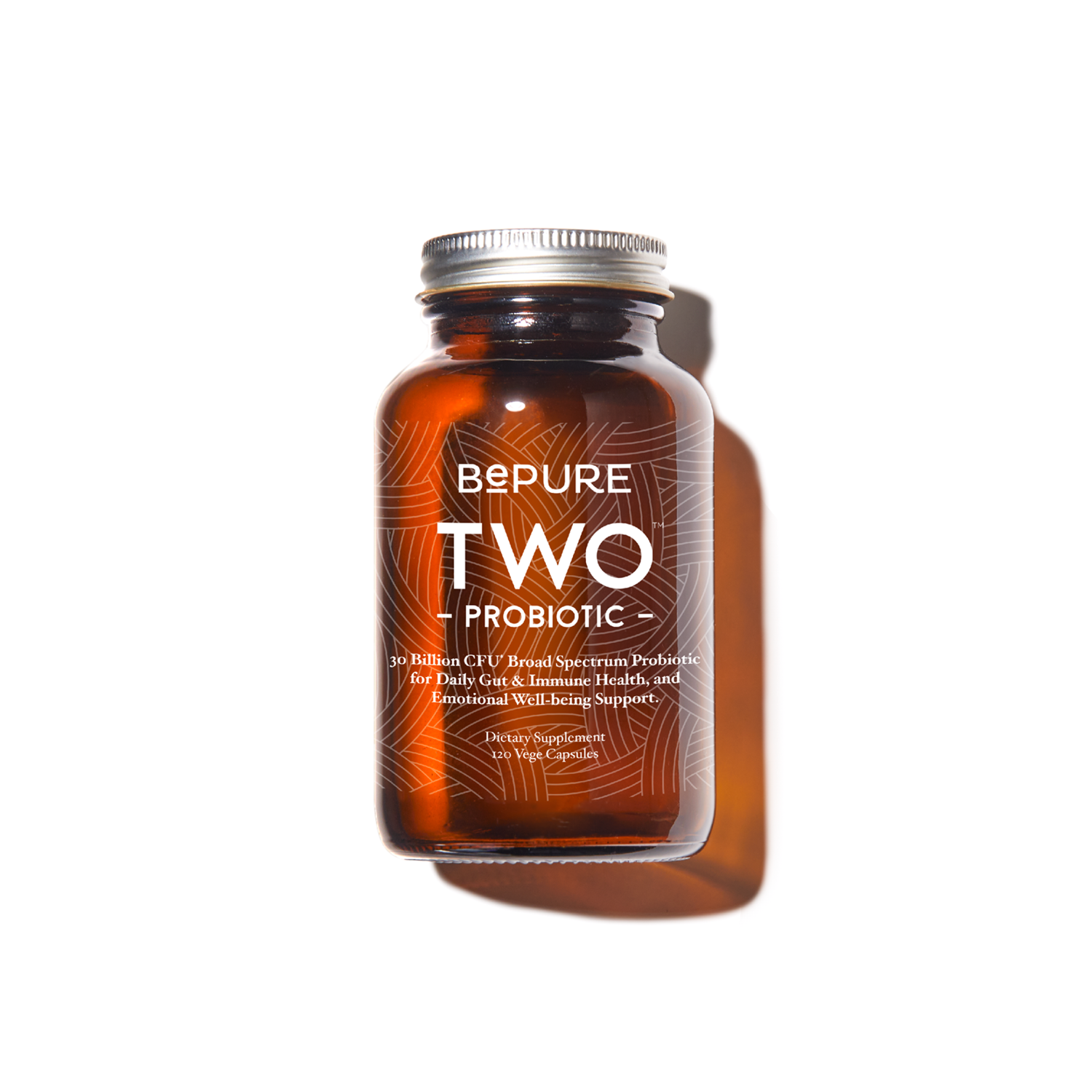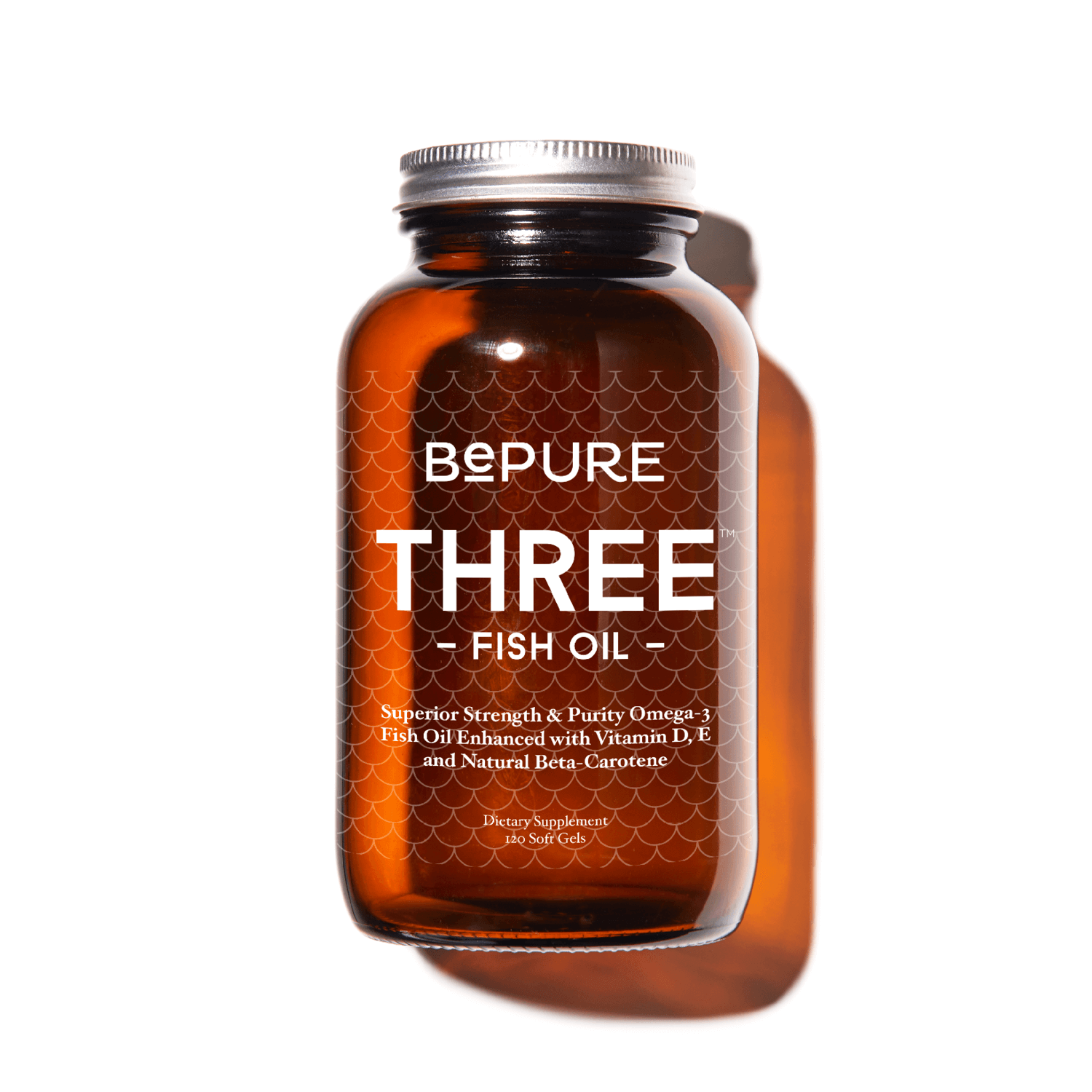We are well and truly out of winter and with sunnier days and warmer weather on the horizon, you might notice that you generally start to feel more energised. There is a scientific reason for that – the all-important sunshine vitamin is back in season. However, while it is commonly known that vitamin D or the ‘sunshine vitamin’ is naturally derived from the sun, New Zealanders are significantly deficient.
So, why are New Zealanders deficient in vitamin D?
Due to damaging UV sun rays, our modern mainly indoor lifestyle and the degrading nutritional quality of our food, we are not getting adequate vitamin D naturally. An astounding 84% of New Zealanders are deficient in vitamin D (below 80nmol, the established optimal level for blood vitamin D).
'Vitamin D is an essential vitamin that plays many roles in the body, including a key role in our hormones.'
Vitamin D is an essential vitamin that plays many roles in the body, including a key role in our hormones.
The hormone-vitamin D connection?
Vitamin D enters the body and is transported to the liver and kidneys, before getting converted into the active form, calcitriol. Active vitamin D is actually a hormone itself and as we know, hormones are chemical messengers that tell our cells what to do. The actions of active vitamin D have a flow on effect to our hormonal balance. Vitamin D is important for controlling insulin sensitivity, regulating mineral concentration in the blood including calcium and also controls and modulates the immune system.
Vitamin D also has a strong relationship with our sex hormones. I’m currently travelling to 25 locations around New Zealand on my nationwide tour, The Hormone Secret, presenting my latest research into female hormone health. So, lately on the blog I’ve been discussing how unbalanced sex hormones can contribute to common hormonal imbalances conditions, such as PMS symptoms, endometriosis and breast cancer.
How does vitamin D affect stress hormones?
Adrenal glands mobilise the body's response to stress. In our fast paced modern world, our adrenals tend to get overused as our body is not able to distinguish between different forms of stress such as environmental, physical, and emotional stressors. The adrenal glands and the hormones they produce are dependent on adequate levels of vitamin D and zinc in the body to function. Like adrenal fatigue expert, Dr. James Wilson says, "Vitamin D is important for anyone that has anything wrong with them."
‘Vitamin D is important for anyone that has anything wrong with them.’ - Dr. James Wilson
Having adequate vitamin D and zinc status is also important for optimal adrenal health. Our adrenals produce hormones that regulate energy production, immunity function, blood sugar responses, and other mechanisms that allow the body to cope with stress.
In a state of constant stress, we are constantly relying on these hormones. This means our adrenals cannot replenish vitamin D and zinc which depletes our status of these essential nutrients. Given that our modern day environment is full of stressors, it’s important to get sufficient amounts of vitamin D and zinc in our diet. Adrenal fatigue is a condition affecting more and more people, read here about the 5 signs of adrenal fatigue.
Vitamin D, hormones and mood
Vitamin D status has a significant connection with our mood. The exact mechanism of how vitamin D affects our mood is not clearly understood yet. However, it is currently thought that vitamin D has a role in making our neurotransmitters such as GABA, serotonin and dopamine.
You might notice in the summer months your mood naturally starts to lift. As the weather improves, we spend more time outside and our body has the ability to synthesise more vitamin D.
I spoke more specifically about how hormones and our mood are connected in my blog post last week, in The Connection Between Hormones and Mood, which once again this highlights how everything in the body is interconnected. Research also shows low vitamin D is associated with Seasonal Affective Disorder and a life-time risk of depression.
Want to take action and boost your vitamin D levels now?
As we’ve discussed, vitamin D is essential to many key aspects of our hormonal health and mood. As a key hormonal precursor, research is constantly linking the benefits of Vitamin D to decrease incidence of many diseases such as;
- Vitamin D controls our levels of calcium, and therefore the strength of our bones. It also promotes absorption of calcium in the intestine.
- Contains antioxidants qualities which are very important for protecting the breakdown of fats, playing a key role in the production of pancreatic enzymes for great gut health.
- Vitamin D supports biosynthesis in the release of insulin, which plays a huge role in the immune system.
- Decreases the risk of cancer. In one study at Creighton University, they found vitamin D when combined with calcium reduced cancer by 77%.
How to naturally boost Vitamin D through diet
It’s common knowledge that we can absorb vitamin D from the sun through our skin, but few people realise that this can only happen in summer, during the hours of 11am and 3pm. This is because UVB, sun rays that penetrate the atmosphere and into our skin’s thickest layer, are only effective when the sun is at its highest strength. Unfortunately, this is also when our skin is most vulnerable to sunburn, increasing the risk of melanoma and heatstroke.
Vitamin D can also be sourced in some foods. It is a fat-soluble vitamin so increasing your intake of oily fish, liver eggs, mushrooms, raw dairy (milk, cheese) and lard in your cooking will help increase your vitamin D levels. Our bodies store vitamin D in our fat cells and we depend on adequate dietary intake to keep these levels optimum.
Our BePure Vit D Restore, is a high-strength, 100% natural, liquid form of vitamin D, formulated to support and restore vitamin D levels for optimal health and energy status. BePure Vit D Restore contains naturally sourced coconut MTC oil for free energy. Think of it as 'liquid sunshine' in a bottle. Available on the BePure website.



